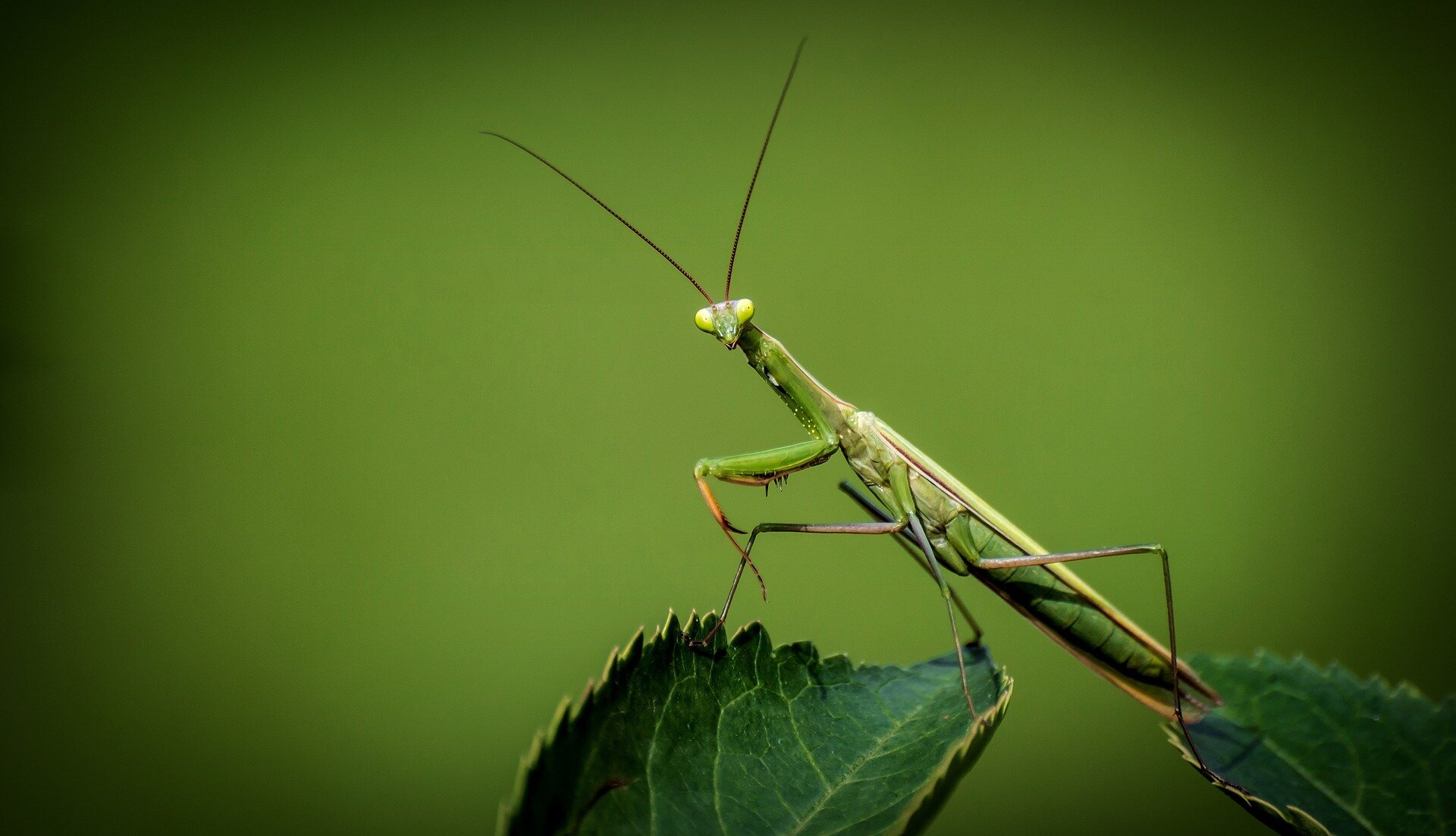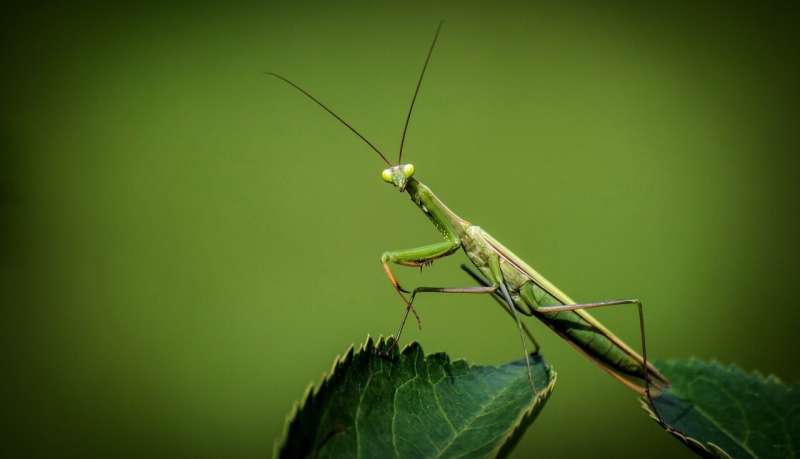

Higher levels of nitrogen in the environment (coming from fertilizers and livestock, for example) not only affect plants but also soil invertebrates and insects. The diversity of roundworms declines in areas with high input of nitrogen, and numbers of some arthropods drop. However, other species of arthropods benefit from the extra nitrogen.
What is more, climate change may amplify the negative effects of nitrogen. This is the conclusion reached by a group of researchers from Radboud University, including Juan Gallego-Zamorano and Aafke Schipper, who performed a meta-analysis of 126 studies worldwide.
Gallego-Zamorano says, “We know that many species of wild plants do not do well if the amount of nitrogen in the soil is artificially increased. But much less is known about the effects of nitrogen on the animals that live in or on this soil.”
To investigate that, he and his colleagues analyzed the results of 126 studies worldwide that counted the number of species and individuals of roundworms and arthropods (such as butterflies, locusts or spiders) occurring in experimental plots to which nitrogen had been added. This led to the first general overview of the effects of nitrogen on these two groups of invertebrates.
The meta-analysis of the 126 studies reveals that adding nitrogen reduces the number of roundworm species. In addition, high levels of nitrogen lead to a decrease in the number of arthropods that undergo a complete metamorphosis, such as butterflies. But there are also arthropods that benefit from the added nitrogen. Schipper: “Arthropods that do not metamorphose completely, such as spiders or locusts, appear to do well with more nitrogen and are increasing in numbers.”
The studies analyzed took place all over the world, allowing the Radboud University researchers to look at the extent to which the effects of nitrogen differ in different climates. They concluded that temperature plays a role, as does the amount of rainfall.
“Higher temperatures amplify the negative effects of high levels of nitrogen on insects that undergo a complete metamorphosis, such as butterflies. And the more rain, the less negative the effects of nitrogen on roundworms, probably as a result of nitrogen leaching out of the soil,” Schipper explains. These results show that climate change may amplify the negative effects of nitrogen due to higher temperatures and drought.
The effects of nitrogen therefore vary between different animals in different climates: some animals benefit from it, while it makes life harder for others. Gallego-Zamorano: “Roundworms seem to be vulnerable to nitrogen as the number of species declined with more nitrogen. What is more, it seems that insects that undergo a complete metamorphosis are particularly susceptible to the adverse effects of nitrogen. This group includes pollinators, which are crucial for many crops.”
“In contrast, certain groups of arthropod species that might be harmful to crops—such as locusts—seem to thrive when nitrogen increases. If you then add in climate change, which may amplify the negative effects of nitrogen, artificially high levels of nitrogen in the soil could be a risk to our food supply.”
Provided by
Radboud University
Citation:
Nitrogen found to affect soil invertebrates and insects (2023, April 28)
retrieved 28 April 2023
from https://phys.org/news/2023-04-nitrogen-affect-soil-invertebrates-insects.html
This document is subject to copyright. Apart from any fair dealing for the purpose of private study or research, no
part may be reproduced without the written permission. The content is provided for information purposes only.

